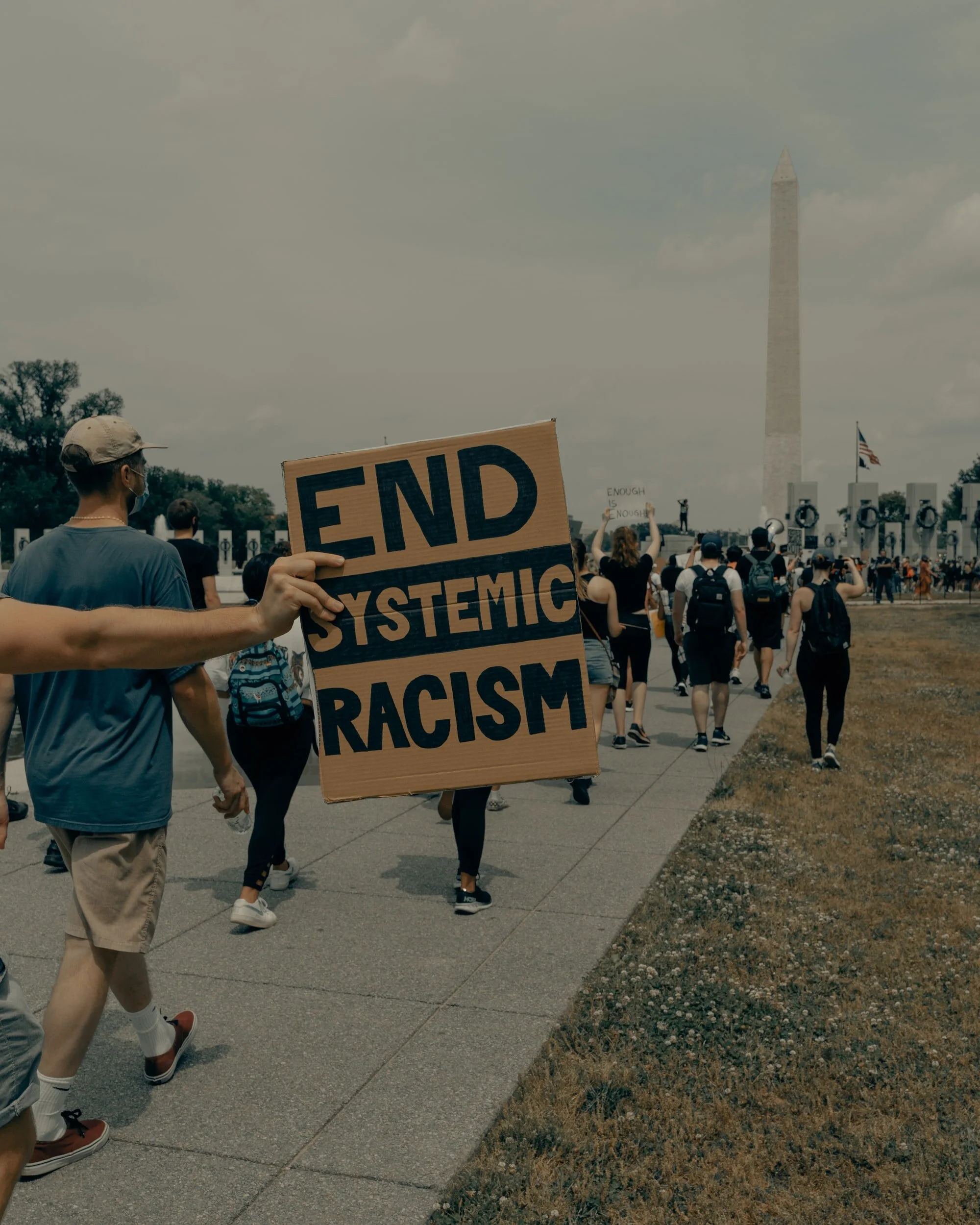Awareness to Action: Confronting Racism Within the LGBTQ+ Community
Breaking Down Barriers.
If you're a member of the LGBTQ+ community, you know what it's like to face discrimination and prejudice based on your sexual orientation or gender identity. But what about discrimination based on your race or ethnicity? It's a topic that often gets overlooked, but one that is critically important to address.
As Bloomberg reports, racism is a pervasive issue within the LGBTQ+ community. People of colour face discrimination and bias from both the larger society and within the community itself. This can take many forms, from subtle microaggressions to overt acts of violence.
One example of racism within the LGBTQ+ community is the issue of "sexual racism." This refers to the discrimination that people of colour face on dating apps and websites, where they are often excluded or fetishized based on their race or ethnicity. This is just one example of how racism can manifest within the community.
So, what can be done to combat racism within the LGBTQ+ community? The first step is acknowledging that it exists. As with any form of discrimination, it's important to listen to and amplify the voices of those who are affected by it. This means creating safe spaces where people of color can share their experiences and feel heard.
“In a racist society, it is not enough to be non-racist. We must be anti-racist.” Angela Davis
Another important step is education. Many people within the LGBTQ+ community may not be aware of the ways in which racism affects their peers. It's important to provide education and resources to help people understand these issues and learn how to combat them.
Finally, we need to take action. This means holding people accountable for their actions, and working to create a more inclusive and equitable community. This can take many forms, from advocacy and activism to supporting businesses and organizations that prioritize diversity and inclusion.
In conclusion, racism within the LGBTQ+ community is a complex and pervasive issue that needs to be addressed. By acknowledging its existence, educating ourselves and others, and taking action, we can work towards creating a more inclusive and equitable community for all members.


